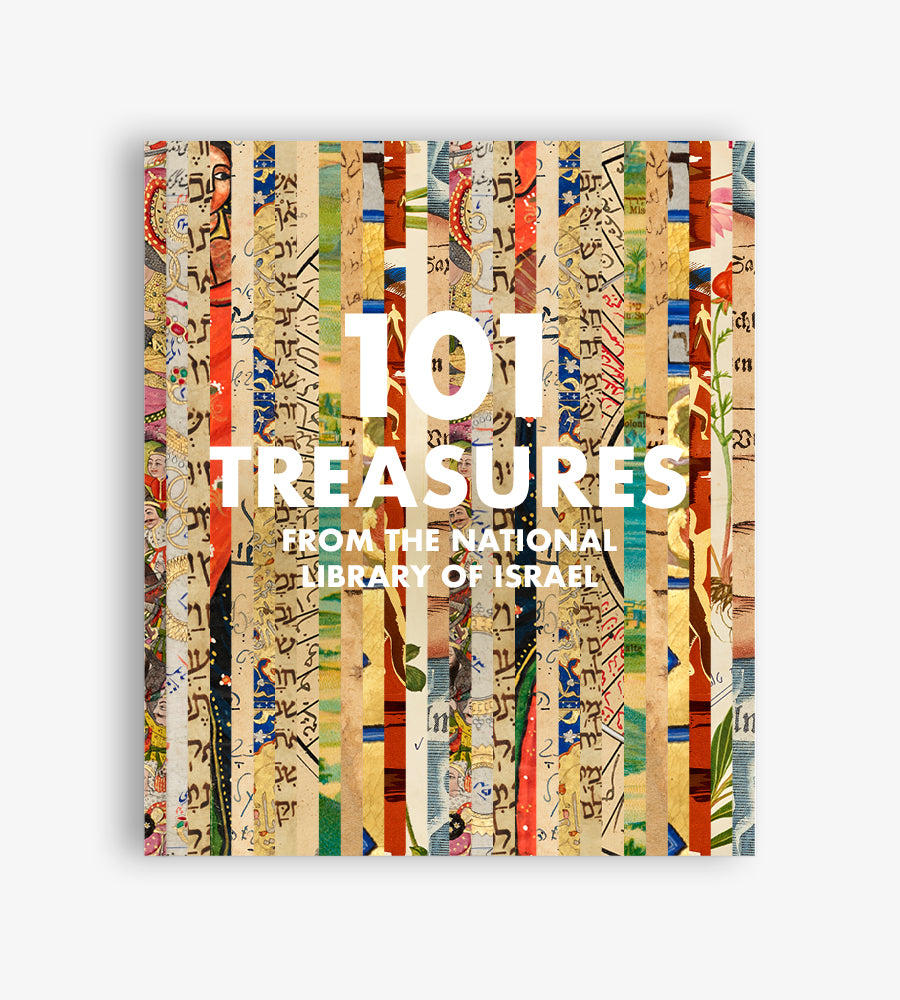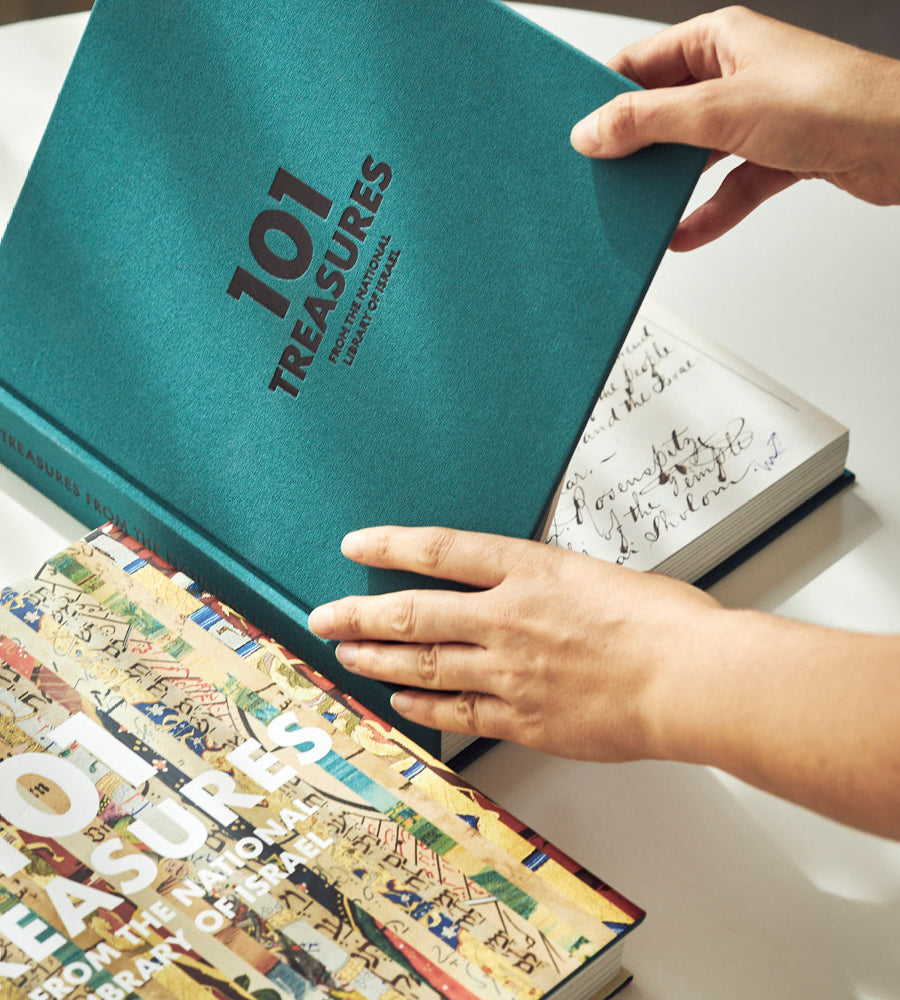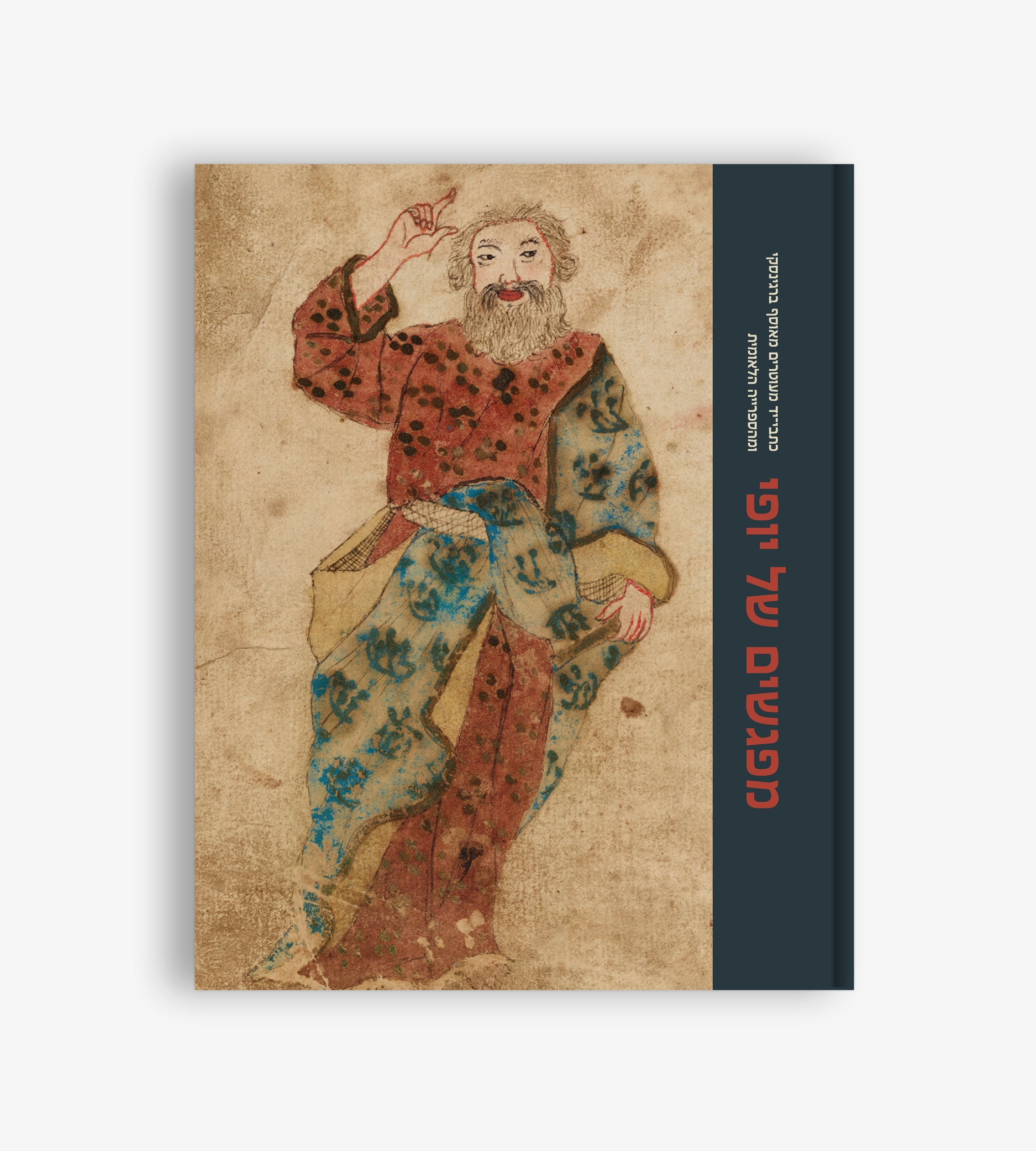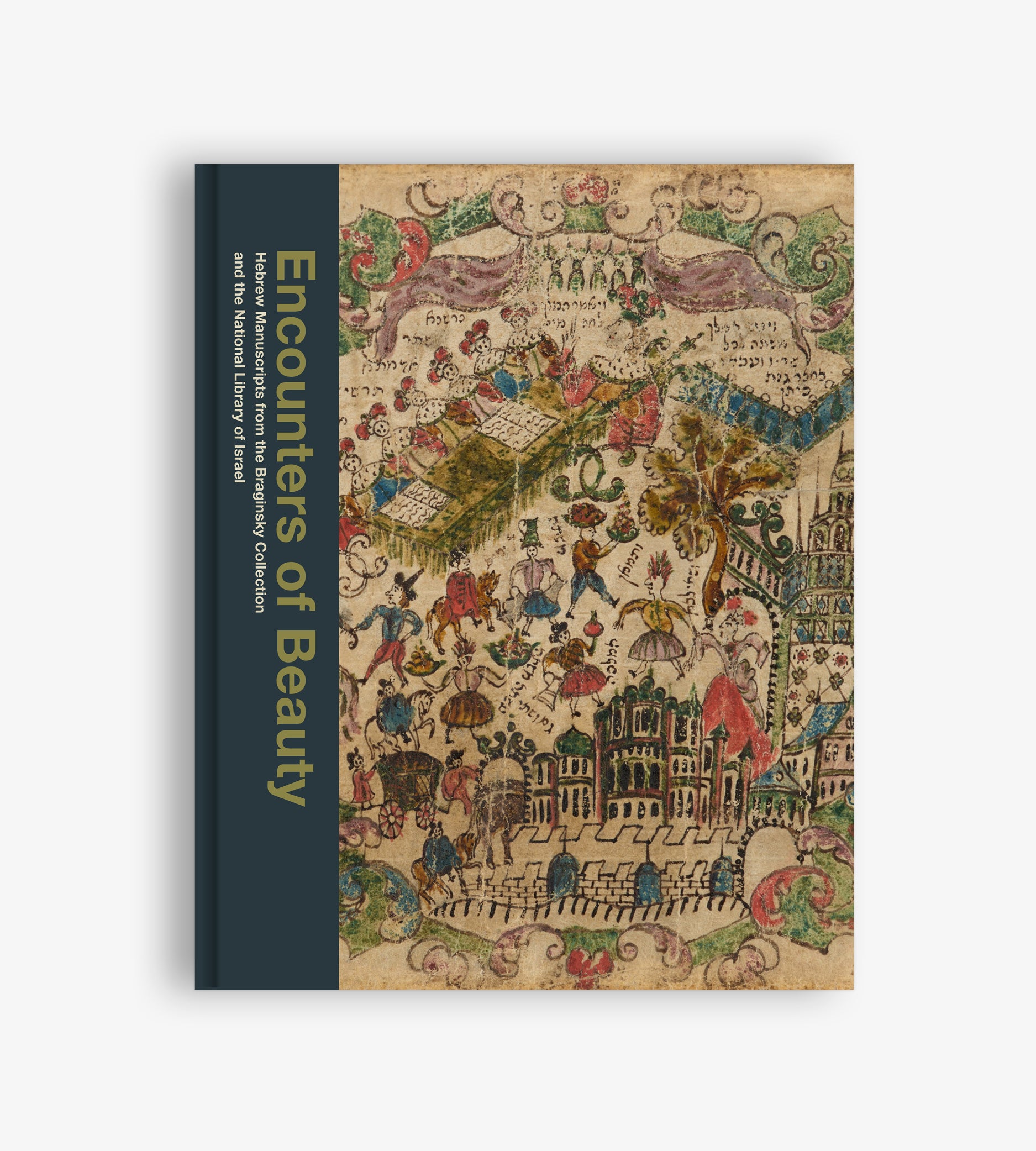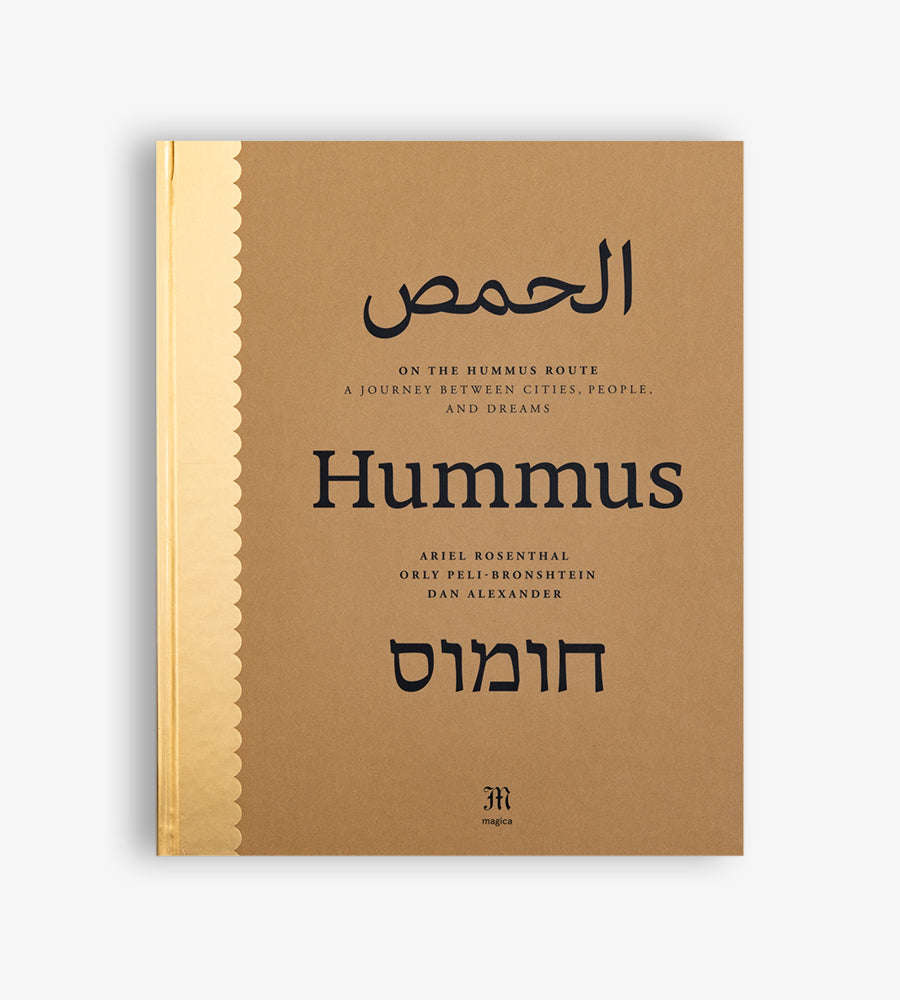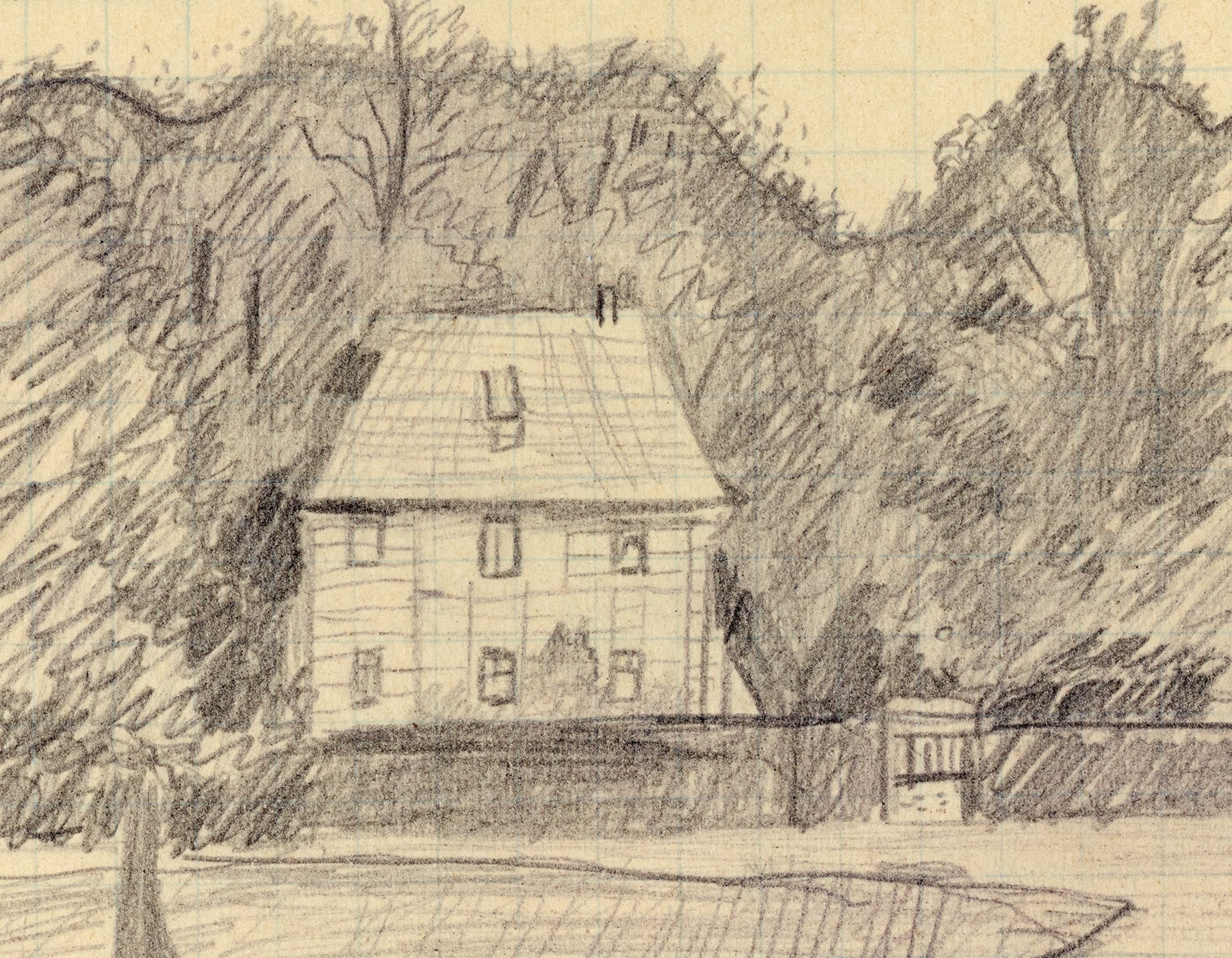
Franz Before Kafka
Stefan Litt

In July 2019, representatives of the National Library obtained permission to open a number of Swiss bank vaults and transfer their contents to Jerusalem. One of these included hundreds of letters and drawings and some manuscripts by Franz Kafka, one of the key figures of twentieth-century world literature. The story of these rare items began almost one hundred years earlier, soon after the untimely death of the author.
Kafka (1883–1924) was born to an assimilated Jewish family in Prague, then one of the most important cities in the Austro-Hungarian Empire. He studied law at the German University in Prague, where he met the writer Max Brod (1884–1968), who would become his close friend. Kafka developed an intense interest in literature and philosophy and started writing his own works. Skeptical of their literary value, he hesitated to publish his writings and thus received little recognition as a literary figure during his lifetime. It is thanks to Max Brod, who encouraged his friend to complete and publish his works, that Kafka’s writing entered the canon of world literature.
In 1921 and 1922, Kafka wrote two notes to Brod asking that all his manuscripts, paintings, and letters be destroyed after his death. In defiance of this clear directive, after Kafka’s early death from tuberculosis, Brod collected all of Kafka’s works from their various locations, examined them, and began to publish them. The three unfinished novels, The Trial, America, and The Castle, are among the most well known of these works. Brod took all of Kafka’s writings with him when he fled his native Czechoslovakia for Palestine in March 1939.
In the early 1960s, Brod returned a large number of the writings to Kafka’s surviving heirs. However, he retained hundreds of letters, several short manuscripts, some Hebrew exercises, and many drawings, which comprise a significant part of Kafka’s literary legacy. After editing them, Brod deposited these precious items in a Swiss bank, regarding it as one of the safest places on earth. Following a long legal battle over rightful ownership that ended only in 2019, Brod’s extensive personal archive, which included Kafka’s works, was deposited in the National Library. These works represent the third largest collection of original materials by Franz Kafka in the world.


